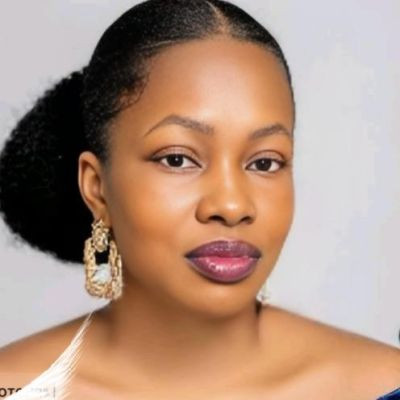Secular Africa? Making Sense of the Interplay Between Secular Constitutions and Religious Citizens
On July 19 and 20, 2022, the African and Middle Eastern Division (AMED) hosted a symposium, “Religious Practices, Transmission, and Literacies in Africa, the Middle East, and Central Asia.” The symposium featured the presentations of seven scholars who conducted two-week research residencies in the AMED Reading Room between June 1 and July 15, 2022. The residencies and symposium are part of the Exploring Challenging Conversations project generously funded by a planning grant from the Lilly Endowment, Inc. The purpose of the initiative was to enhance public awareness of cross-regional and intercultural religious understanding in Africa, the Middle East, Central Asia, and their global diaspora.
Jacques Berlinerblau is currently the Rabbi Harold White Professor of Jewish Civilization at the Edmund A. Walsh School of Foreign Service at Georgetown University. Berlinerblau has published on a wide variety of issues ranging from secularism, to religion and politics, to Jewish-American fiction, to African-American and Jewish-American relations, to American higher education. His has published thirty-five scholarly articles and ten books. The latter include: How to Be Secular: A Call to Arms for Religious Freedom (Houghton Mifflin Harcourt); Secularism on the Edge (Palgrave; co-edited with Sarah Fainberg and Aurora Nou); Thumpin' It: The Use and Abuse of the Bible in Today's Presidential Politics (Westminster John Knox), The Secular Bible: Why Nonbelievers Must Take Religion Seriously (Cambridge University Press). Heresy in the University: The Black Athena Controversy and the Responsibility of American Intellectuals (Rutgers University Press). His 2017 book was Campus Confidential: How College Works, or Doesn't, for Professors, Parents, and Students (Melville House).
In 2021-2022 he will release three scholarly books. The first is The Philip Roth We Don't Know: Sex, Race and Autobiography (University of Virginia Press). The second is Secularism: The Basics (Routledge). The third, co-authored with Professor Terrence Johnson, is Blacks and Jews in America: An Invitation to Dialogue (Georgetown University Press). Berlinerblau has written for, appeared on, or had his work discussed in The New York Times, The Washington Post, The Economist, Salon, The Guardian, The New Republic, The Nation, NPR, Tablet, Commentary, The Forward, The Jerusalem Post, Haaretz, Canadian Broadcast Network, The Chronicle of Higher Education, Al-Jazeera, PBS, MSNBC, CBS, CBC, TF1, AFP, and CNN.
Abstract: Twenty-eight of Africa’s fifty-four nations possess constitutions whose edicts regarding proper relations between government and religion/s may be described as “secular.” While this intriguing fact is known to many scholars of Africa, it is rarely considered by journalists, policy analysts and even those who study political secularism. All of which raises an important geopolitical data point for further scrutiny: more than half of the countries in the world’s most youthful, religious, and likely soon-to-be most populous continent are, in theory, wed to formally secular structures of governance.
In our presentation we begin by defining the “constitutionally secular African nation state.” From there we proceed to interrogate a paradox: constitutionally secular states in Africa, wed to the principle of “separation of church and state” don’t actually seem to separate religion from politics. Quite the contrary, in many instances governments openly embrace religious symbols, favor certain religious groups, and meddle in religious affairs. Conversely, religious groups routinely mobilize for politics, often with great success. We try to explain this paradox by reference to prevailing scholarship on political secularism and theories of state fragility.
For transcript and more information, visit https://www.loc.gov/item/webcast-10463




![OMO [THE MAKING] - NOLLYWOOD MOVIES 2019](https://i.ytimg.com/vi/5KnM-uD64Nk/maxresdefault.jpg)


















